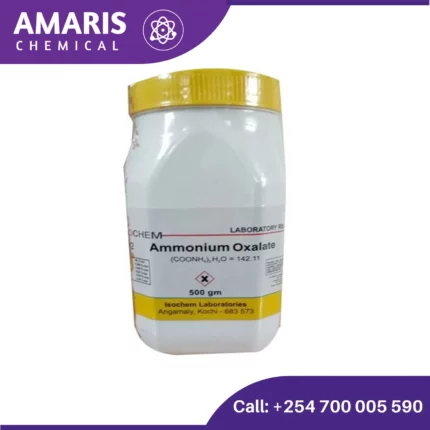
Ammonium Oxalate 500gm
KSh2,500.00 Original price was: KSh2,500.00.KSh2,300.00Current price is: KSh2,300.00.
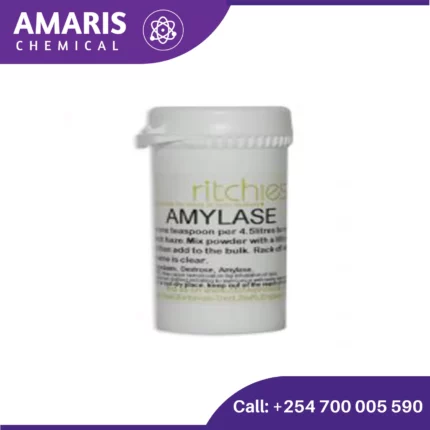
Amylase 25gm
KSh2,500.00 Original price was: KSh2,500.00.KSh2,300.00Current price is: KSh2,300.00.
Ammonium Sulphate 500gm
KSh2,500.00 Original price was: KSh2,500.00.KSh2,300.00Current price is: KSh2,300.00.
SKU:
ACS41685CHEM0
Category: Analytical Reagents
Description
Ammonium Sulphate is used to manufacture acidic fertilizers which is used to reduce the Alkali pH of the soil. This also provides nitrogen to facilitate proper plant growth.
Reviews (0)
Be the first to review “Ammonium Sulphate 500gm” Cancel reply
Shipping & Delivery
You may also like…
Ammonia solutions 33kg 33%conc
Ammonia solution is a solution of ammonia (NH3) gas dissolved in water. It is a clear, colorless liquid with a pungent odor and a basic pH. The concentration of ammonia in the solution can vary, and is typically expressed in terms of percent by weight or by volume.
Ammonia solutions are commonly used in a variety of applications, including cleaning agents, fertilizers, and as a precursor to other chemicals. They are also used in industrial processes such as refrigeration, gas purification, and water treatment. Ammonia solutions can be dangerous if not handled properly, as they are highly corrosive and can release toxic fumes if mixed with certain chemicals
Ammonium Acetate 25kgs
Ammonium acetate is a chemical compound with the formula NH4CH3CO2. It is a white, crystalline solid with a vinegar-like odor. It is commonly used in various laboratory applications, such as in molecular biology and analytical chemistry. It can act as a source of acetate ion in reactions and is often used as a buffer solution in biochemical and molecular biology research. Additionally, it is sometimes used in the manufacture of other chemicals and as a food additive.
Ammonium bicarbonate 25kg
Ammonium bicarbonate is a white, crystalline compound with the chemical formula NH4HCO3. It is a type of inorganic salt that is commonly used in the food industry as a leavening agent for baking, as well as in the production of ceramics, dyes, and other chemicals. When heated, ammonium bicarbonate decomposes into ammonia, carbon dioxide, and water vapor, which causes dough to rise and become light and fluffy. It is also known as hartshorn or baker's ammonia.
Ammonium Cupric Chloride
Ammonium Dichromate 500gm
Ammonium Hydrogen Carbonate 500gm
Ammonium sulphate 25kgs
Calcium Hydroxide(Hydrated lime) 25kg
Calcium hydroxide, also known as hydrated lime, is a chemical compound with the formula Ca(OH)2. It is a white, odorless, and alkaline substance that is produced by adding water to calcium oxide, also known as quicklime. The resulting reaction produces calcium hydroxide and releases a large amount of heat.
Hydrated lime is commonly used in various industrial applications such as water treatment, construction, agriculture, and food processing. It is also used as a pH regulator and a flocculant in wastewater treatment plants. Additionally, it is used in the production of cement, as a soil stabilizer, and in the manufacture of chemicals such as calcium stearate and calcium hypochlorite.
In summary, calcium hydroxide, or hydrated lime, is a chemical compound with various industrial applications, produced by adding water to calcium oxide.
Related products
Acetaldehyde
Acetaldehyde is a simple organic compound with the chemical formula CH3CHO. It is a colorless liquid with a pungent, fruity odor. Here are some key points about acetaldehyde:
- Chemical Structure: Acetaldehyde consists of two carbon atoms, one oxygen atom, and four hydrogen atoms. Its structure is CH3CHO, where the carbon atom in the middle is doubly bonded to an oxygen atom and singly bonded to a hydrogen atom and a methyl group (CH3).
- Occurrence: Acetaldehyde can be found naturally in various ripe fruits, coffee, and heated milk. It is also produced by the oxidation of ethanol (alcohol) by enzymes in the liver and other tissues in humans, making it an intermediate product in alcohol metabolism.
Aluminum Ammonium Sulphate
Aluminum ammonium sulfate, also known as ammonium alum or just alum, is a chemical compound with the formula (NH4)Al(SO4)2·12H2O. It's a white crystalline solid commonly used in water purification, leather tanning, and as a mordant in dyeing textiles.
In water purification, alum acts as a coagulant to remove impurities by causing suspended particles to clump together, making it easier for filtration to remove them. In leather tanning, it helps to stabilize the leather by tightening the collagen fibers. And in dyeing textiles, alum helps the dye adhere to the fabric.
However, it's important to note that excessive exposure to aluminum compounds like alum can be harmful, so it's typically used with caution and proper safety measures.
Aluminum Fine Powder
Aluminum Hydroxide 250gm
Aluminium hydroxide is a chemical compound with the formula Al(OH)3. It is an inorganic compound that is commonly used as an antacid to neutralize excess stomach acid, as well as a component in the manufacture of various products, such as ceramics, paper, and cosmetics. It is a white, powdery substance that is insoluble in water and has a low toxicity. When heated, it decomposes to produce aluminium oxide, or alumina, which is used in the production of aluminium metal.
Aluminum Oxide 500 grams
Aluminum oxide, often referred to as alumina, is a chemical compound made up of aluminum and oxygen atoms (Al2O3). It occurs naturally in various minerals, including corundum and bauxite. It is one of the most widely used compounds, valued for its hardness, strength, and resistance to abrasion and corrosion.
Aluminum Potassium Sulphate 500gm
Aluminum Potassium Sulphate, commonly known as potassium alum or potash alum, is a chemical compound with the formula KAl(SO₄)₂·12H₂O. It is a type of alum, a double sulfate salt, and is typically found in its dodecahydrate form. Here are some key points about this compound:
Physical Properties:
- Appearance: Colorless, transparent crystals or white powder.
- Solubility: Soluble in water but insoluble in alcohol.
- Melting Point: Decomposes at high temperatures before melting.
Chemical Properties:
- Molecular Formula: KAl(SO₄)₂·12H₂O
- Molecular Weight: 474.39 g/mol (for the dodecahydrate form)
- Acidity: It is slightly acidic in aqueous solution.

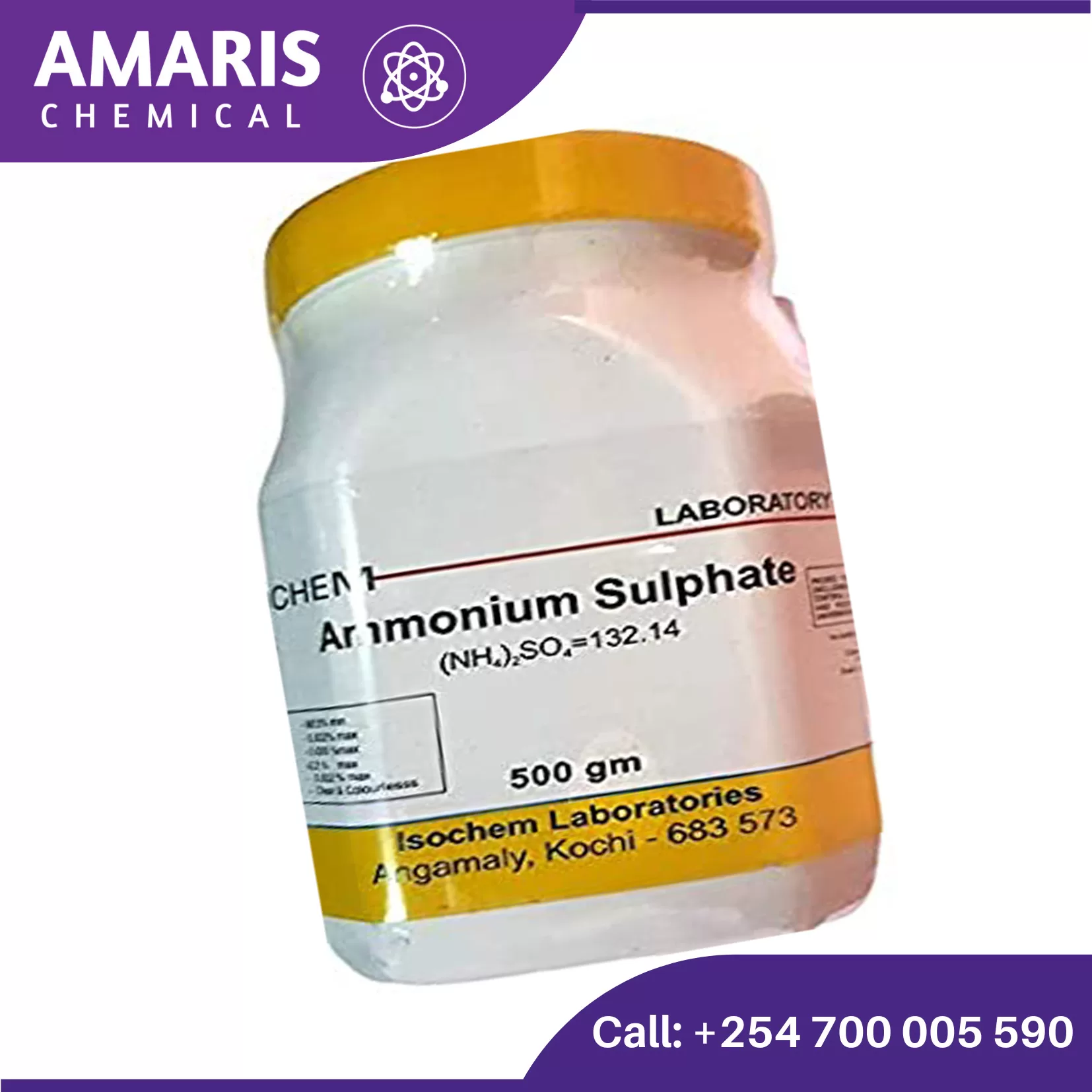


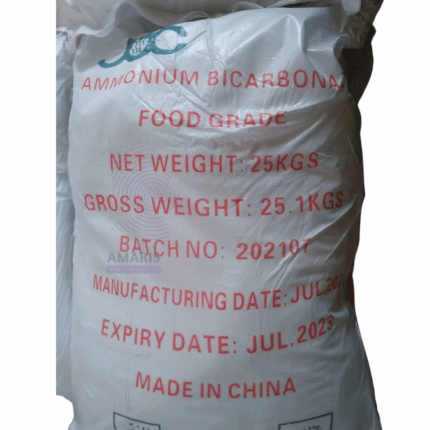
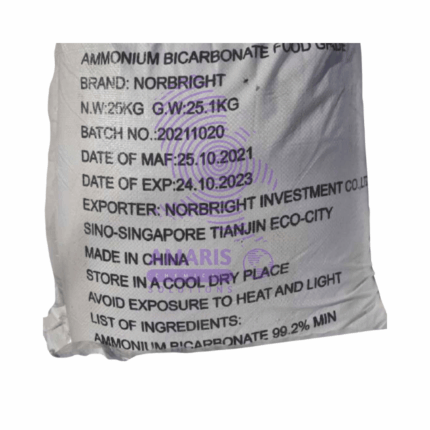
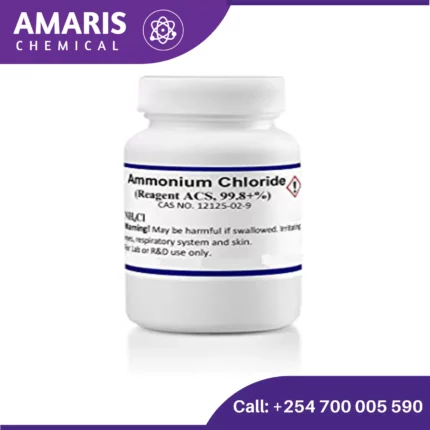
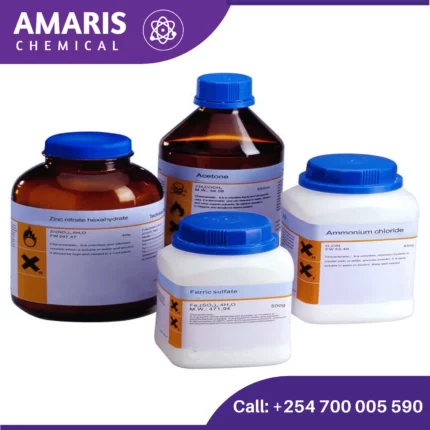
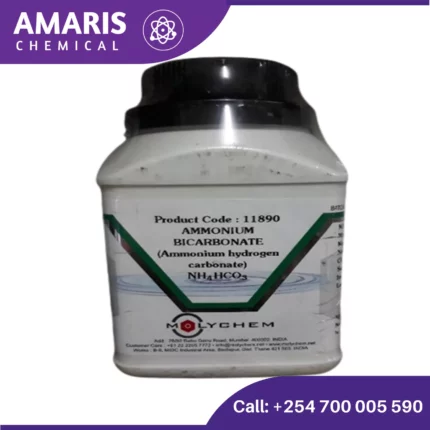
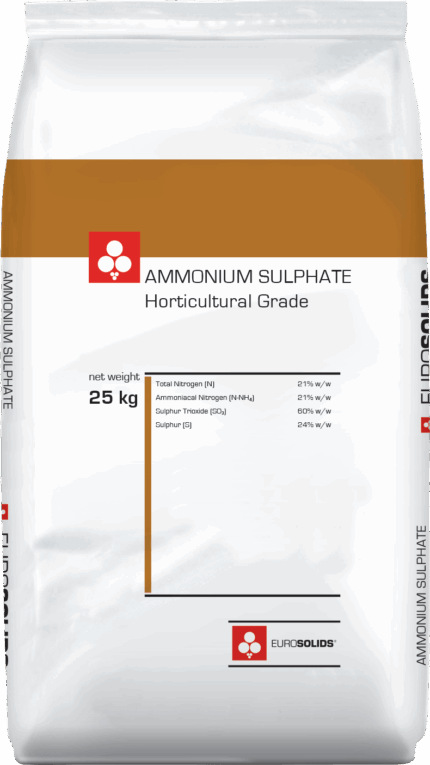
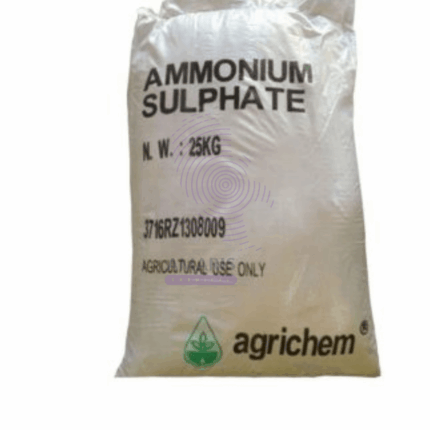
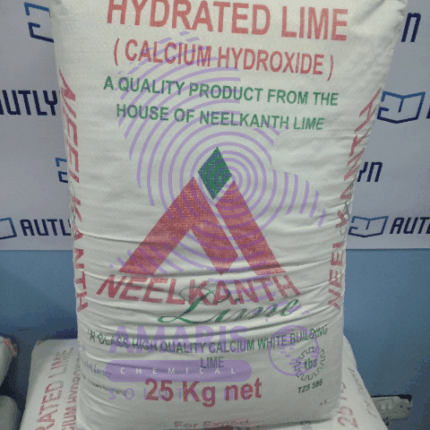
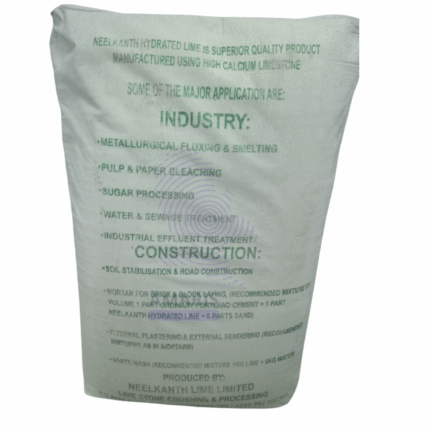
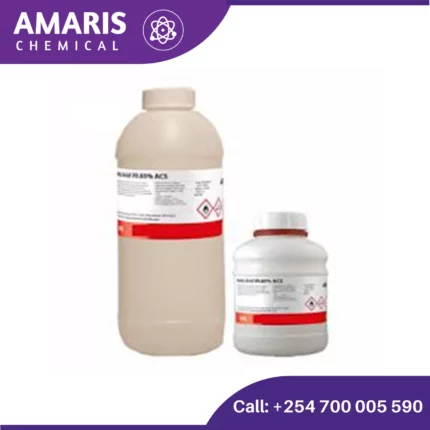
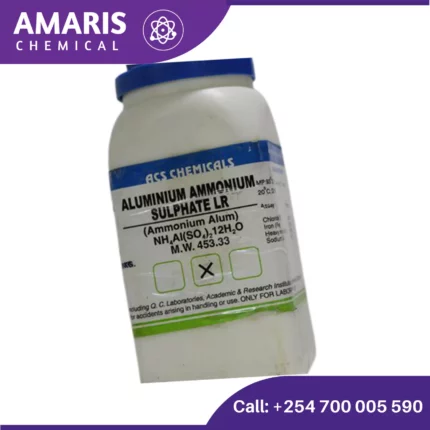

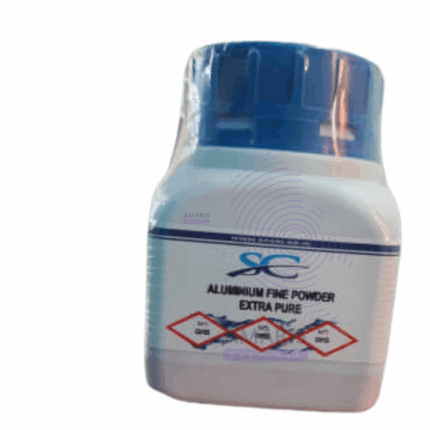
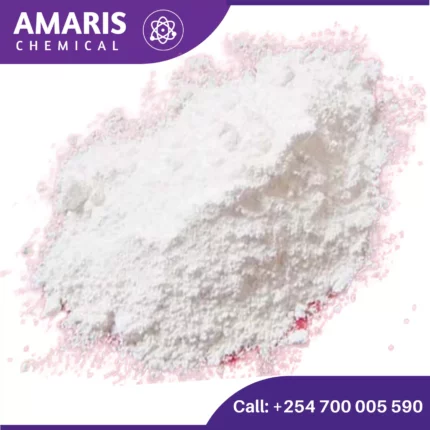
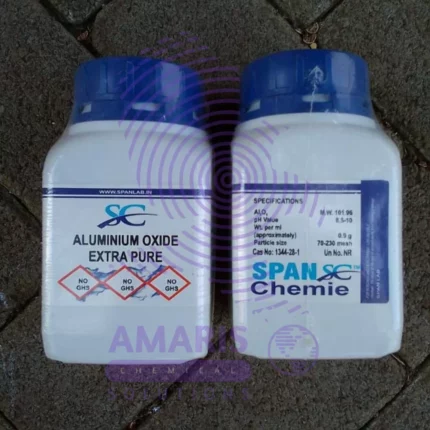

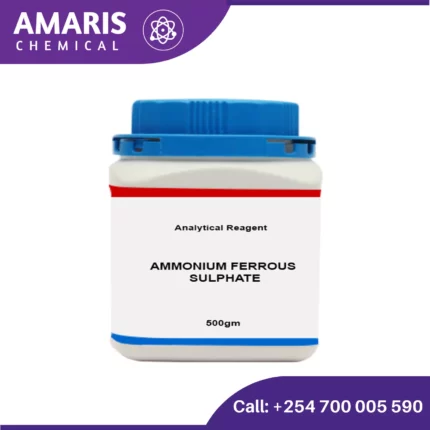
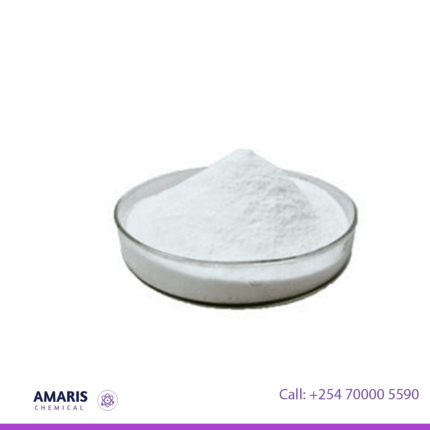
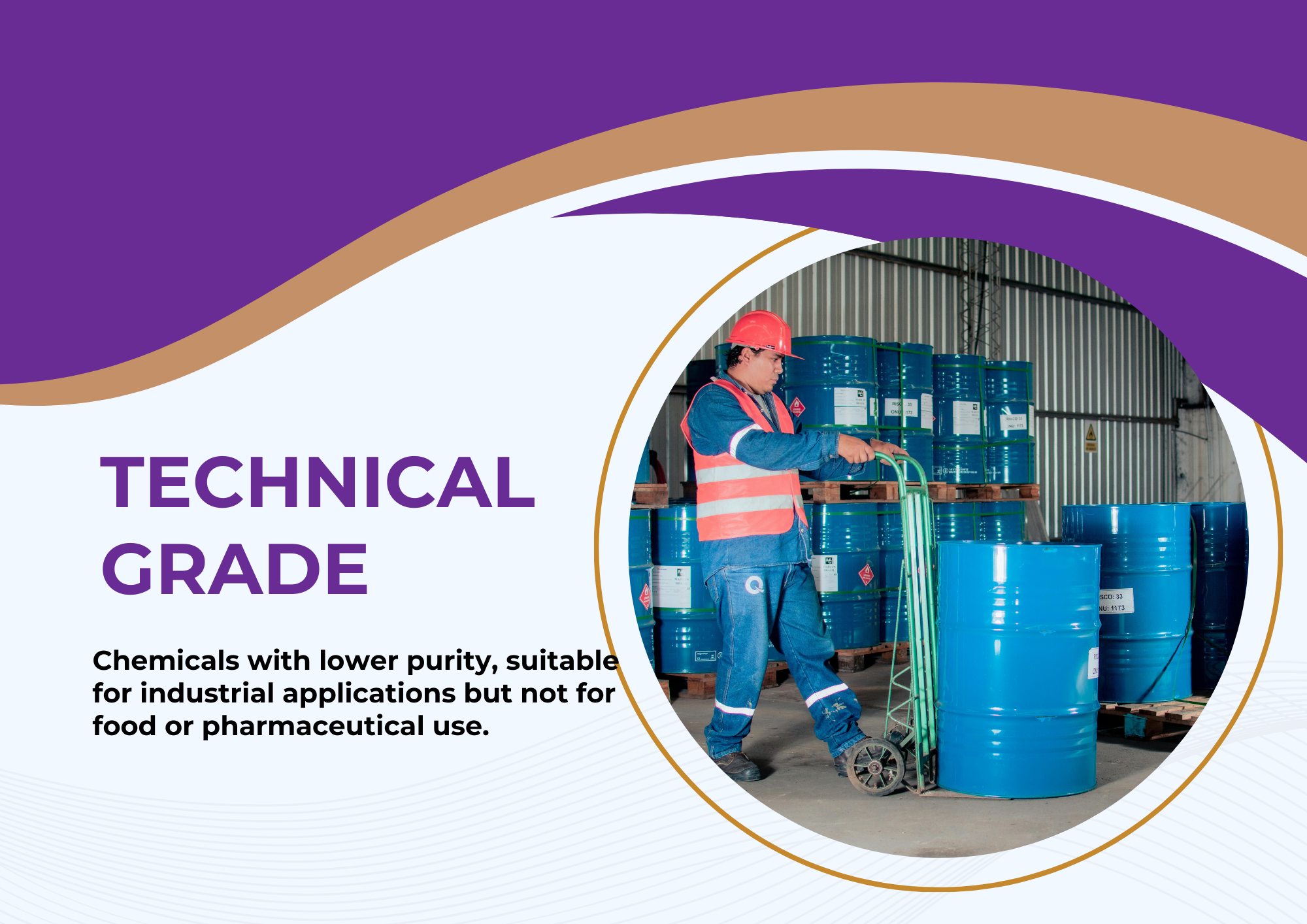






Reviews
There are no reviews yet.